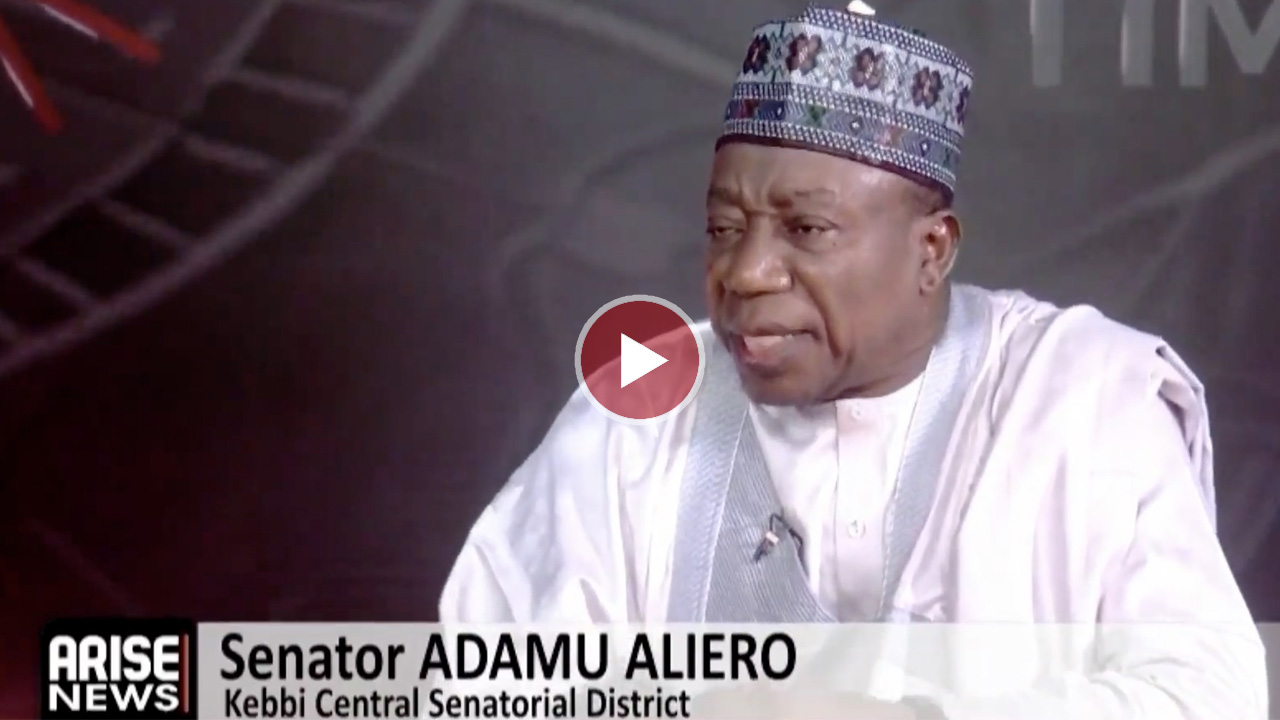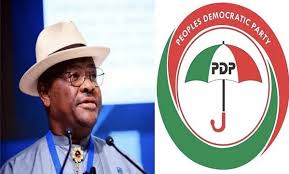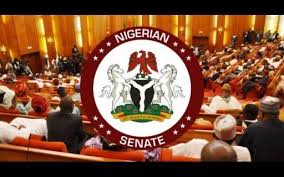

Senator for Kebbi Central, Adamu Aliero, says Nigeria’s security situation has become “alarming”, warning that the country’s security architecture is too understaffed, ill-equipped and poorly motivated to confront the scale of insurgency and banditry ravaging several regions.
Speaking in an interview with ARISE News on Thursday, Aliero said the government’s efforts have so far failed to produce the required results, leaving communities overwhelmed by well-armed bandits.
“The security situation in Nigeria is alarming. Government is doing its very best, but unfortunately the very best is not good enough,” he said. “Insurgents are attacking villages, killing thousands, displacing whole populations and driving people from their farmlands into IDP camps.”
The senator said the scale of violence across the north-west and north-central remains the same from Zamfara to Kebbi, Sokoto and Niger. He blamed this largely on a severe manpower deficit across security agencies.
“We don’t have enough workforce. The police are slightly above 280,000 — far below the UN requirement of over two million for a country of 220 million people. The army has about 177,000 soldiers. How do they police the entire nation?”
He added that nearly half of all police personnel are deployed as escorts for “governors, ministers, senators and judicial officers”, leaving the country with barely 190,000 officers for public policing.
State Police Will “Compound the Situation”
Aliero rejected calls for state police, arguing instead for a massive expansion of the federal force.
“State police will even compound the situation. Increase the federal police from 300,000 to 1.5 million. Equip them, train them, motivate them,” he insisted.
Banditry Metastasising Into New Threats
The senator said insecurity has worsened across successive administrations, with new groups such as the Lakurawa, infiltrating from Mali and Burkina Faso.
“They are going around Sokoto, Zamfara, Kebbi and Niger, killing people, abducting them, rustling cattle and imposing taxes. Policemen can’t confront them because they are not properly armed and the bandits have more sophisticated weapons.”
Responding to international commentary linking the violence to religious genocide, Aliero said the narrative is misleading.
“I don’t believe there is Christian genocide. In many affected states, most of those killed are Muslims. We should see this beyond religion. We are talking about human beings being killed.”
Aliero acknowledged that Nigeria’s youth feel abandoned after 16 years of unending insurgency.
“The youth are disappointed — rightfully so. We started this crisis in 2010. Three governments have passed and the end is not in sight.”
The senator agreed that Nigeria does not adequately honour victims of terrorism.
“We don’t pay tribute to people. It’s unfortunate. It should go beyond Armed Forces Remembrance Day. Even victims of insurgency should be included in such national commemorations.”
Aliero echoed calls for a redefinition of Nigerian identity anchored on shared ideals.
“Forget whether you are Yoruba, Hausa, Igbo or Kanuri. We believe in one Nigeria. If we practise what is in our constitution, no one will be oppressed.”
On land transport, the senator said:
“Lagos–Ibadan is completed, and Abuja–Kaduna is running. Kaduna–Kano is over 55% done. Kano–Maradi is at about 60% and should be completed by 2027.”
He warned that vandalism remains a major threat, citing two derailments this month caused by criminals removing rail tracks.
Aliero, also a farmer, criticised the government’s six-month duty-free food importation window.
“They brought in rice, maize, soybeans. It crashed local prices and discouraged farmers. Instead of allowing food importation, government should buy everything farmers produce, store it and stabilise prices during scarcity.”
He urged renewed investment in fertiliser and input subsidies, warehouse storage, and guaranteed minimum prices to protect local producers.
Aliero concluded that Nigeria’s insecurity, food challenges and economic frustrations demand coordinated, multi-layered action — and a renewed national commitment to human dignity and unity.
Boluwatife Enome



